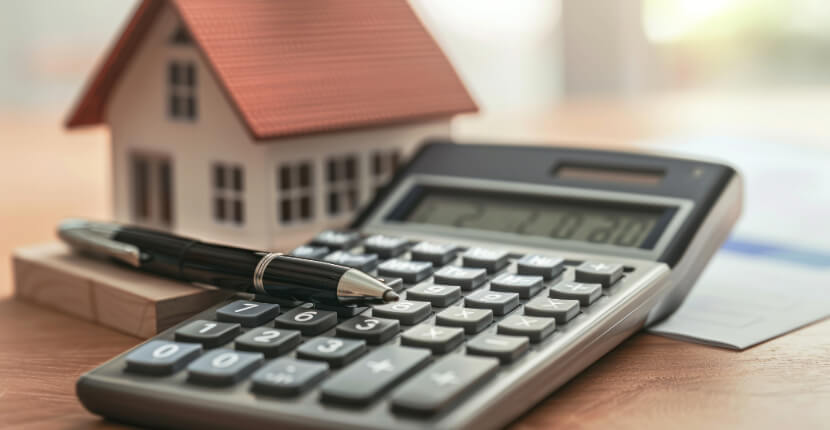Keeping Financial Records Organized with Landlord Accounting Strategies
Keeping Financial Records Organized with Landlord Accounting Strategies
Blog Article
The Importance of Keeping Up with Landlord Accounting Standards
Handling hire homes may appear overwhelming for new landlords, but mastering the fundamentals of sales makes it easier. Understanding accounting for landlords can help you track revenue, reduce problems, and produce tax season not as stressful. This information stops working the fundamentals, providing you statistics, real-life methods, and the primary steps you will need to know.
Why Appropriate Accounting Issues for Landlords
About 70% of property homeowners state controlling finances is their greatest challenge. Great recordkeeping does a lot more than keep you arranged; it can improve profitability and guarantee you follow local housing laws. By tracking every exchange, you'll have a clearer picture of one's property's efficiency, creating decision-making simpler.

Checking Revenue and Costs
The first crucial step in landlord accounting is separating personal and rental finances. Open a separate bank account only for hire payments and expenditures. Saving every dollar that will come in and out can help you see your true reunite on investment.
Popular Forms of Hire Income
Regular book from tenants
Late fees
Dog charges
Parking or storage charges
Common Costs to Report
Mortgage and fascination payments
Home fees
Insurance premiums
Maintenance and fixes
Utilities (if paid by the landlord)
Property administration costs
For a lot of landlords, utilizing a simple spreadsheet performs at first. Only make sure you update it often in order to avoid any surprises down the track.
Important Sales Strategies
Landlord accounting usually employs one of two methods:
Income base sales documents revenue and expenses when money is really received or paid. Most little landlords start here since it's an easy task to manage.
Accrual foundation accounting logs income and expenses when they are gained or charged, even though no income has changed hands. This provides a clearer economic picture for anyone managing numerous properties.
Select the method that fits your level of comfort and property profile size.
Tax Deductions and Submission
Standard duty deductions for landlords include mortgage interest, fixes, and depreciation. Missing these can mean overpaying taxes. Around 25% of little landlords lose out on deductions since their records are incomplete.
Keep ahead by tracking statements and maintaining electronic or physical copies. And recall, tax principles may vary depending on where you reside, therefore review regional directions or consult with a professional.
Getting Began with Sales Software
Tendencies show around 50% of landlords use software resources to greatly help with bookkeeping. Contemporary accounting application automates several boring responsibilities, like planning statements, producing studies, and tracking late payments. If you're just starting, free or low-cost programs offer templates to accelerate your process.

Take Get a handle on of Your Hire Finances
Even as a novice, several intelligent habits can improve your landlord accounting. Reserve time monthly to review your finances. Use these sessions to check for missing receipts, unpaid rents, or mistakes. With the right foundation, you'll gain self-confidence, boost your hire revenue, and get ready for tax time.
Understanding accounting principles not only saves money but in addition shields your expense for the extended term. Focus on organized files, regular methods, and a focus on continuous improvement, and you will be on course for effective house management. Report this page